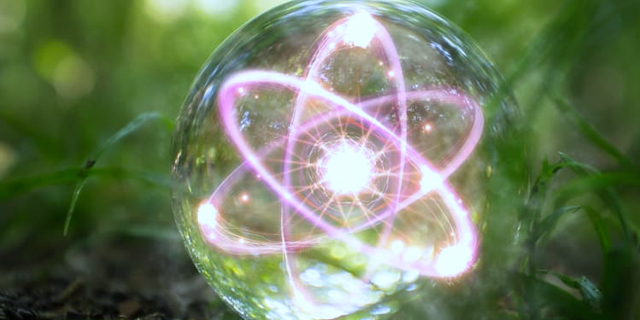Overview
Bachelor
- Degree awarded Bachelor
- Graduation year Bac + 3
- Graduation level Level 6
-
Location
- GRENOBLE Scientific Polygon
- Duration 1 year (2 semesters)
-
Available as
- Initial education
- Continuing education
Summary
Download
Objectives
Specificities
- All courses are given in English in an international environment
- Courses are strongly oriented to problem solving and team work
- All professors are active researchers at the LPSC or other laboratories
- Students will have a high-level qualification, which enables them to enroll and successfully continue their studies in the Master programs
-
Training partners
LaboratoriesThere are many opportunities to perform research internships thanks to a very high density of academic laboratories in the Grenoble area, such as LPSC, SIMAP, LEPMI and others. Professors involved in the bachelor program are themselves active researchers and help students to find stimulating research projects. As an example, the group of nuclear structure at the LPSC laboratory is working on experimental and theoretical nuclear structure problems, the group of nuclear reactors of the same laboratory has an expertise in molten salt reactors, nuclear data, thorium, and accelerator driven systems. The SIMAP laboratory is involved in multiscale modelling of irradiation defects in materials and studies behavior of materials for fission reactors and ITER. The LEPMI laboratory focuses on problems related to fluid dynamics, corrosion...
Admission
- Who should apply? Bac + 3, Bac + 4
- Tuition fees 10 000 €
-
Available as :
- Initial education
- Continuing education
Entry requirements
The international Bachelor in Nuclear Engineering is a one year program designed for two types of students:
- those who have finished a three year Bachelor’s degree and want to acquire a specialization in nuclear engineering
- or those pursuing a four year degree and want to do their last year in a highly specialized environment dedicated to nuclear engineering.
Apply now
The Bachelor of Nuclear Engineering will start in September 2025 for the academic year 2025/2026.
Program
- Course duration 1 year (2 semesters)
- Internships abroad
Program
Board of examiners
Each semester is worth 30 ECTS credits, spread out over the different courses completed. Students must obtain a grade of at least 10/20 in each course to obtain the credits.
International
- Language of instruction English
- Internship abroad Yes
International exchange
Visit the International section of Grenoble INP website
Information on available scolarships
Prospects
- Graduation year Bac + 3
- Graduation level Level 6
Expected learning outcomes
Students will be able to perform competently in occupational areas such as reactor operations, health physics, quality assurance, instrumentation and control technology, as well as in related areas in the nuclear technology field.
Careers
Job opportunities in industry, research and national authorities.
Tasks that are on the agenda - like the safe and reliable operation of existing and new reactors, the development of novel reactor types, the sustainable supply of nuclear fuel, the closure of the fuel cycle, the disposal of radioactive waste without harm to the environment, and many others - represent scientific and technical challenges for motivated young engineers and researchers.
Further learning opportunities
With the Bachelor degree, it is possible to undertake a master degree everywhere in the world. At Grenoble INP-Phelma, registration to MaNuEn (Materials science for Nuclear Energy) master is possible.
French State controlled Bachelor's degree




